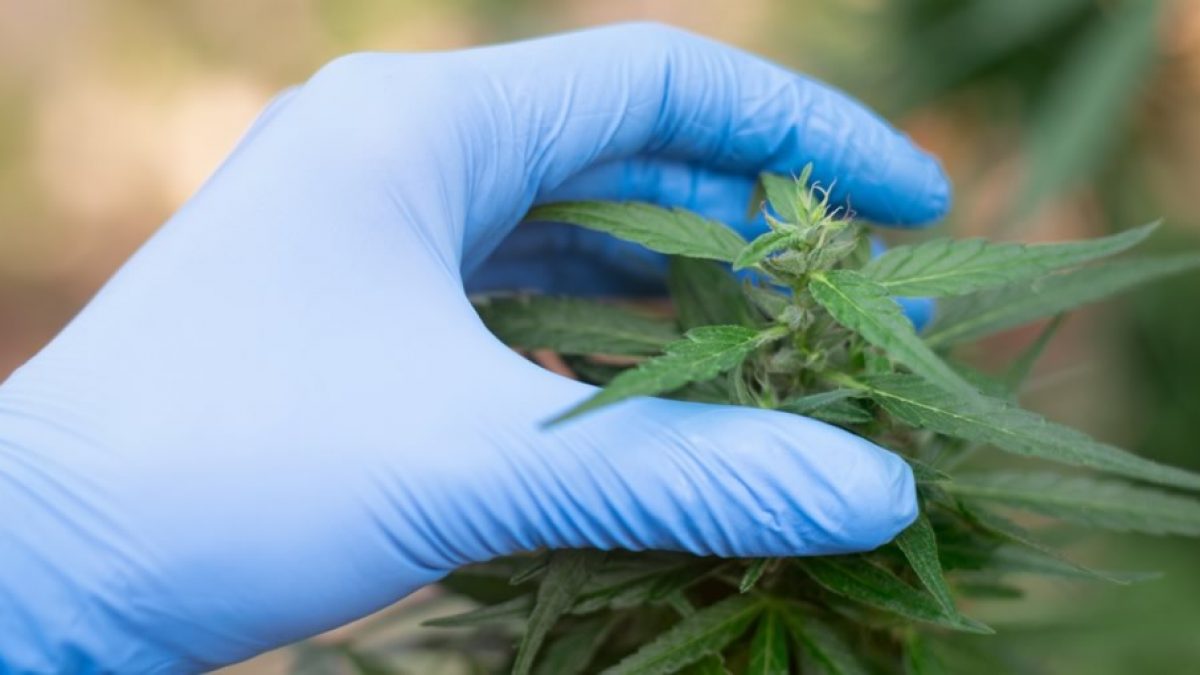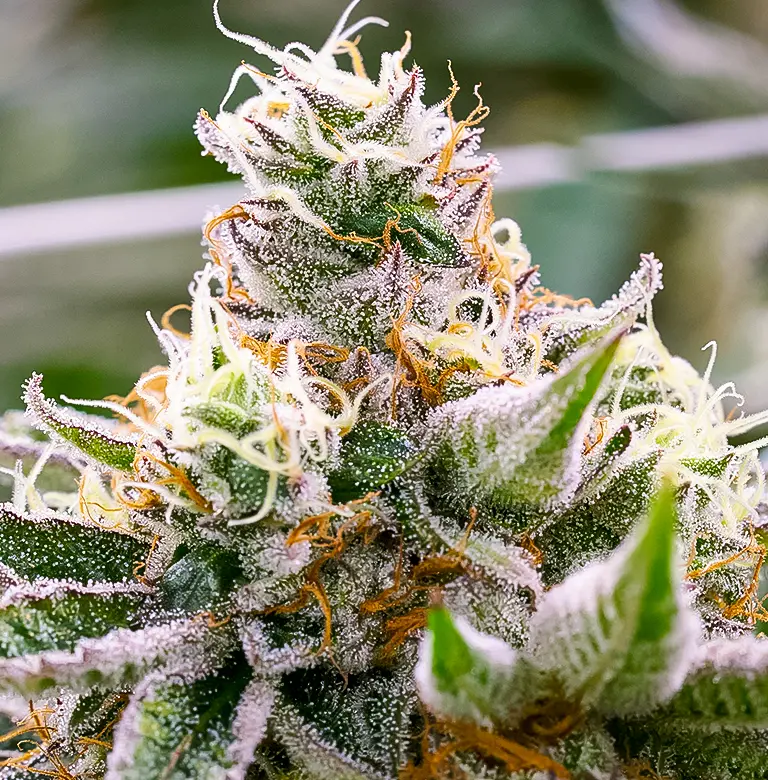Check Out a Trusted Medical Cannabis Clinic for Professional Advice
Check Out a Trusted Medical Cannabis Clinic for Professional Advice
Blog Article
The Recovery Power of Medical Marijuana: a Deep Study Its Prospective to Deal With Different Conditions
In current years, the conversation around the therapeutic possibility of medical cannabis has acquired significant grip within the clinical area. The evolving landscape of clinical cannabis provides a complicated tapestry of potential benefits that warrant a closer evaluation, losing light on a world of treatment opportunities that proceed to intrigue professionals and clients alike.
Therapeutic Benefits of Medical Cannabis
In the realm of contemporary medication, the healing benefits of medical marijuana have emerged as a promising method for treating various health and wellness problems. The active compounds in marijuana, recognized as cannabinoids, engage with the body's endocannabinoid system to produce an array of effects that can be helpful for clients. One of one of the most widely known cannabinoids is cannabidiol (CBD), which has gained interest for its prospective anti-inflammatory, analgesic, and anxiolytic homes without the psychedelic effects commonly connected with tetrahydrocannabinol (THC)
Medical cannabis has shown certain promise in reducing chronic pain, spasticity connected with multiple sclerosis, nausea or vomiting and vomiting in chemotherapy patients, and signs and symptoms of certain neurological conditions like epilepsy. Research study is likewise discovering its possibility in managing mental health and wellness problems such as anxiety, depression, and post-traumatic anxiety problem. In addition, clinical cannabis is being examined for its anti-inflammatory homes, which can have ramifications for conditions like joint inflammation and inflammatory digestive tract illness.
Easing Persistent Discomfort With Cannabis
Having actually shown efficacy in addressing a spectrum of wellness problems, medical cannabis especially shines in its ability to give relief for individuals coming to grips with chronic pain. Persistent discomfort, defined by its persistence and devastating nature, impacts millions worldwide, typically dramatically influencing lifestyle. Typical discomfort monitoring techniques, such as opioids, might feature unfavorable adverse effects and the danger of reliance, driving lots of individuals to look for alternative solutions.
Clinical marijuana has actually emerged as a promising choice for chronic pain administration due to its analgesic residential or commercial properties. Researches have actually shown that clinical marijuana can efficiently alleviate persistent pain connected with problems like joint inflammation, fibromyalgia, numerous sclerosis, and neuropathy.

Handling Anxiety and Anxiety
Clinical marijuana provides a viable option for individuals seeking relief from anxiety and stress and anxiety due to its potential calming results on the body and mind. By potentially impacting the release of neurotransmitters and modulating tension feedback, medical marijuana reveals guarantee in supplying a natural option for taking care of these conditions.
In addition, unlike conventional anti-anxiety medicines that might feature unwanted negative effects or danger of reliance, go to this site medical cannabis uses a possibly much safer alternative for individuals aiming to relieve anxiousness and stress and anxiety. It is vital for people thinking about clinical marijuana for these purposes to seek advice from with a medical care service provider well-informed concerning medical marijuana to guarantee safe and effective use.
Cannabis for Neurological Disorders
Study has actually revealed encouraging possibility in utilizing marijuana for handling neurological conditions. Neurological conditions include a variety of problems affecting the mind, spine, and nerves, such as epilepsy, several sclerosis, Parkinson's disease, and Alzheimer's illness. Marijuana, with its active compounds like THC and CBD, has shown neuroprotective, anti-inflammatory, and antioxidant buildings that might profit individuals with these conditions.

While more scientific trials are required to completely recognize the effectiveness and safety of cannabis for neurological problems, first findings are encouraging and warrant additional examination into the healing capacity of this plant for boosting the lives of those affected by such problems. - Medical Marijuana Dispensary near me
Potential of Cannabis in Cancer Cells Treatment
The increasing horizon of medical cannabis applications prolongs to the possibility of leveraging its residential properties in cancer therapy, offering a brand-new method of expedition in utilizing the therapeutic benefits of this plant for addressing complex health difficulties. Cannabis reveals guarantee in cancer therapy more information due to its prospective to relieve signs and symptoms connected to the condition and its treatment, such as discomfort, queasiness, and loss of cravings. Additionally, cannabinoids, the active compounds in marijuana, have shown anti-tumor additional hints impacts in preclinical research studies, revealing their capacity in inhibiting the growth of cancer cells.
In addition, marijuana might help in taking care of the negative effects of traditional cancer cells therapies like chemotherapy, potentially boosting clients' high quality of life throughout treatment. While even more research study is needed to completely recognize the systems behind marijuana's possible anti-cancer buildings and its effectiveness in different sorts of cancers, the preliminary searchings for suggest that clinical marijuana could play an important duty in the future of cancer therapy. As the exploration of cannabis in oncology continues, it holds pledge as a corresponding approach to typical cancer treatments, offering people a possibly reliable and well-tolerated option in their treatment regimens.
Final Thought
To conclude, medical cannabis has shown promising possibility in dealing with a variety of disorders, including persistent pain, anxiousness, anxiety, neurological conditions, and cancer. Its therapeutic advantages have actually been significantly identified by the clinical area, with ongoing study highlighting its efficiency in taking care of these problems. As even more studies are carried out, medical marijuana may come to be a beneficial therapy choice for people suffering from these incapacitating disorders.
In recent years, the conversation around the restorative capacity of medical marijuana has actually gotten considerable grip within the medical area. The developing landscape of clinical cannabis offers a complicated tapestry of prospective advantages that necessitate a closer exam, dropping light on a world of therapy opportunities that continue to intrigue professionals and people alike.

Report this page